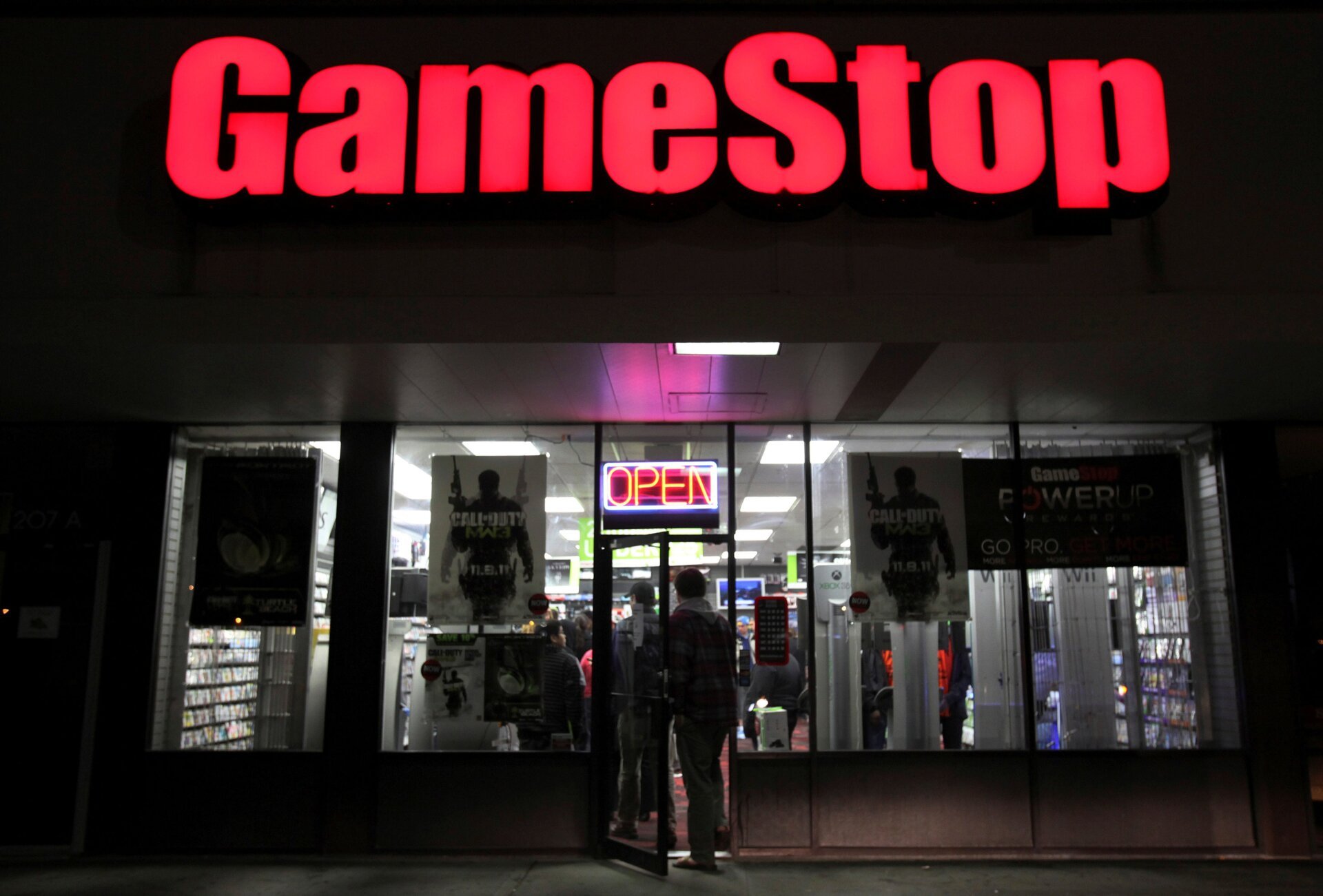GameStop’s Blames Wokeness for Its Exit from Canada and France
GameStop CEO Ryan Cohen recently took to X to attribute the company’s decision to exit Canada and France to "wokeness" and Diversity, Equity, and Inclusion (DEI) policies. This announcement comes as the retailer, which survived the pandemic due to the memestock frenzy, has closed over 700 stores since 2020 as game distribution increasingly shifts to digital platforms.
Company’s Struggles
In a press release, GameStop stated its intention to sell its operations in France and Canada as part of an evaluation of its international assets. Cohen subsequently posted on X, referencing "wokeness" and DEI, and invited interested buyers to purchase GameStop Canada or Micromania France, including "high taxes, Liberalism, Socialism, Progressivism, Wokeness, and DEI" at no additional cost. Gizmodo reached out to GameStop for comment on its decision to exit Canada and France. As of late 2024, the company had over 200 stores in Canada and 647 stores in Europe.
Decline of Physical Game Sales
GameStop’s revenue peaked in 2011 with $9.55 billion in sales, which has since declined to $4.33 billion in 2024, a 24% drop from 2023. The company has struggled to compete with the shift to digital game distribution, where companies like Microsoft offer Netflix-like subscription bundles, generating recurring revenue. However, this model means players do not own their games.
Cohen’s Comments
Cohen’s post appears to suggest that GameStop’s decline is not due to the shift to digital distribution but rather worker-friendly regulations, wage requirements, and DEI policies. DEI refers to policies aimed at supporting underrepresented demographics in the workplace, which have faced criticism from President Trump and his administration.
DEI Policies
Critics argue that DEI policies unfairly disadvantage Caucasians, while supporters claim they help mitigate unconscious biases in the workplace. Proponents also argue that diverse organizations tend to design products that appeal to a broader range of demographics, leading to better business outcomes. Following executive orders from President Trump, companies like Meta and Google have rolled back their DEI policies, while others like Apple, Costco, and the NFL have maintained theirs.
GameStop’s History
GameStop nearly went bankrupt during the pandemic but was saved by a surge in stock prices driven by nostalgia and resentment towards elite investors. The company attempted to modernize with initiatives like an NFT platform but has only managed to survive by cutting costs, including reducing its retail footprint. The remaining stores now focus on selling collectibles like Funko Pops.
Conclusion
Ultimately, GameStop’s fortunes may not be reversed by abandoning DEI policies or blaming "wokeness." The company’s struggles are likely due to the broader shift to digital game distribution, and its survival depends on adapting to these changes rather than attributing its decline to external factors.
Source Link





